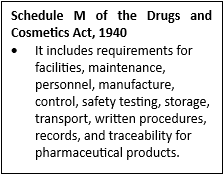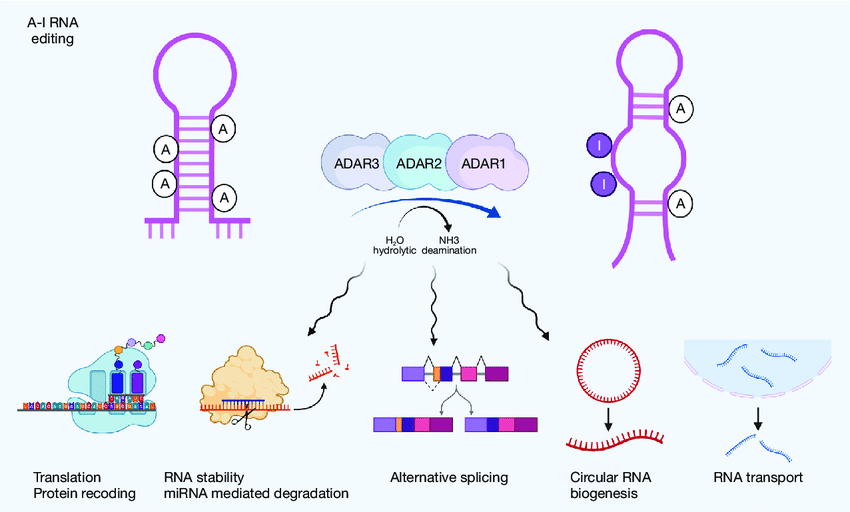- Courses
- GS Full Course 1 Year
- GS Full Course 2 Year
- GS Full Course 3 Year
- GS Full Course Till Selection
- Online Program
- GS Recorded Course
- NCERT (Recorded 500+ Hours)
- Polity Recorded Course
- Geography Recorded Course
- Economy Recorded Course
- AMAC Recorded Course
- Modern India, Post Independence & World History
- Environment Recoded Course
- Governance Recoded Course
- Science & Tech. Recoded Course
- International Relations and Internal Security Recorded Course
- Disaster Management Module Course
- Ethics Recoded Course
- Essay Recoded Course
- Current Affairs Recoded Course
- CSAT
- 5 LAYERED ARJUNA Mentorship
- Public Administration Optional
- ABOUT US
- OUR TOPPERS
- TEST SERIES
- FREE STUDY MATERIAL
- VIDEOS
- CONTACT US
REVISED RULES FOR PHARMACEUTICAL MANUFACTURING PRACTICES
REVISED RULES FOR PHARMACEUTICAL MANUFACTURING PRACTICES
13-01-2024
Context
1. Ministry of Health and family Welfare has issued revised rules to ensure good manufacturing practices (GMP) and premises, plant, and equipment requirements for pharmaceutical products.
-
- GMP is a system for ensuring that products are consistently produced and controlled according to quality standards.
2.The revised rules fall under Schedule M of the Drugs and Cosmetics Rules, 1945, named Drugs (Amendment) Rules, 2023.
Key Highlights
- Schedule M outlines GMP for pharmaceutical products, covering facilities, maintenance, personnel, manufacturing, control, safety testing, storage, transport, written procedures, records, and traceability.
- The Ministry set a deadline to obtain World Health Organization-Good Manufacturing Practices (WHO-GMP) certification as follows:
- 6 months for medium and small manufacturers (annual turnover < ₹250 crore)
- 12 months for large units (annual turnover > ₹250 crore)
Revised Schedule M Changes
- Changes introduced: a pharmaceutical quality system (PQS), quality risk management (QRM), product quality review (PQR), qualification and validation of equipment, and a computerized storage system for all drug products.
- Manufacturer Responsibilities: Manufacturers are responsible for ensuring the quality of pharmaceutical products, compliance with license requirements, and avoiding risks to patients.
- Marketing Regulations and sample retention: Companies can market finished products only after receiving "satisfactory results" on ingredient tests and must retain sufficient samples for repeated testing.
- Schedule M Parts: The revised Schedule M consists of 13 parts providing GMP guidelines for specific manufacturing requirements.
New Categories of Drugs Included:
- Pharmaceutical products with hazardous substances (sex hormones, steroids, cytotoxic substances)
- Biological products
- Radiopharmaceuticals
- Phytopharmaceuticals
- Investigational pharmaceutical products for clinical trials in humans
Benefits of Revised Guidelines
- Ensures compliance with international quality standards.
- Benefits patients and the industry by promoting the manufacturing of safe, effective, and high-quality drugs.



